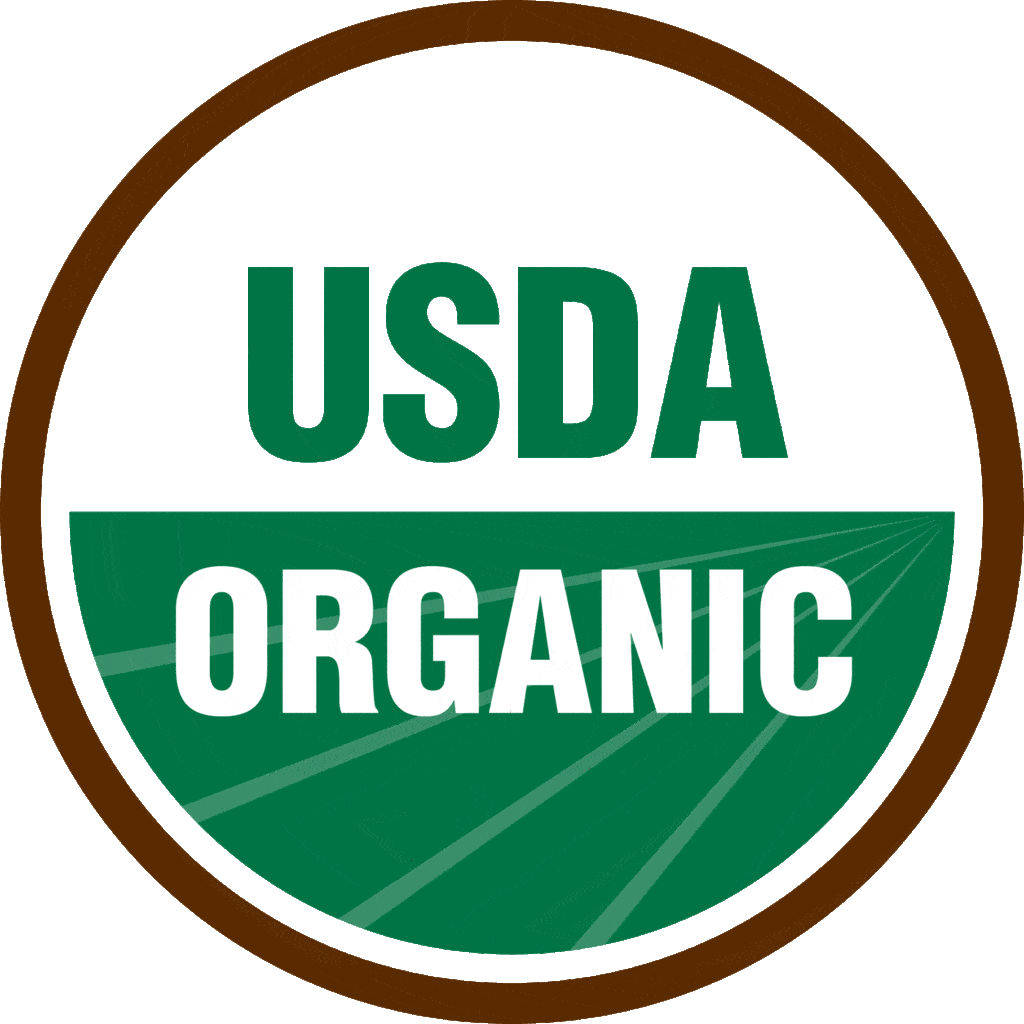You may be wondering why you should avoid GMO foods-this post will give you a simple explanation.
What is GMO?
A genetically modified organism (GMO) is a plant, animal, or microorganism with altered genetic material or DNA. Many consumers have concerns about GMO foods. I know you’ve heard about GMO’s and seen the blue and green non-GMO certified label. Maybe you’ve wondered, like I did, why all the fuss about GMO’s. I’m a biologist by training, so I understand people’s fear of GMO (genetically modified organisms). Of course, once modified, the traits can be passed on indefinitely-good or bad, so there’s an unknown outcome here. The most worrying genetic modification in our food supply is the insertion of a gene that makes crops resistant to the common weedkiller, ROUNDUP. This is glyphosate, the chemical you’ve probably read about in the news. The company that makes it, Bayer, (yes, the Bayer aspirin people) has been in a legal battle over the health effects of glyphosate for some time.
What is glyphosate?
According to the Environmental Working Group, glyphosate is an herbicide that has been linked to cancer. Glyphosate is more commonly known as ROUNDUP, the weedkiller you can buy at the garden shop. The insertion of a gene that makes plants resistant to ROUNDUP (or Roundup ready) means that farmers can use more of it without harming the genetically modified crops. There’s a big movement to have this chemical removed from our food supply; sadly, it’s found in the bloodstream of more and more humans, especially children! There are other concerns about altering genes in plants and animals. However, there’s more research on glyphosate resistance than any other genetic modification in our food supply.
Which foods are GMO?
Publix explains bioengineered foods this way: “The Agricultural Marketing Service developed a List of Bioengineered Foods to identify the crops or foods that are available in a bioengineered form, including alfalfa, apple (Arctic varieties), canola, corn, cotton, eggplant, papaya, pineapple (pink flesh), potato, salmon (AquAdvantage®), soybean, summer squash, and sugar beet.”
The Cleveland Clinic also recommends sticking to non-GMO edamame and bean pasta. I’ll add that oats and other grains that end up in children’s cereals are often GMO. This is especially concerning since children’s systems are so vulnerable and cell division is happening so rapidly. When it comes to cancer causing chemicals, children are especially at risk for their effect.
Certifying Labels
You can be sure that you’re avoiding GMO’s or genetic engineering by sticking to organic products. At a minimum, look for the non-GMO label. Just remember that because produce or a food product is labeled non-GMO, it doesn’t say anything about how it was grown-only that is was not genetically modified, so it’s not “Roundup ready” and was not treated with glyphosate.



